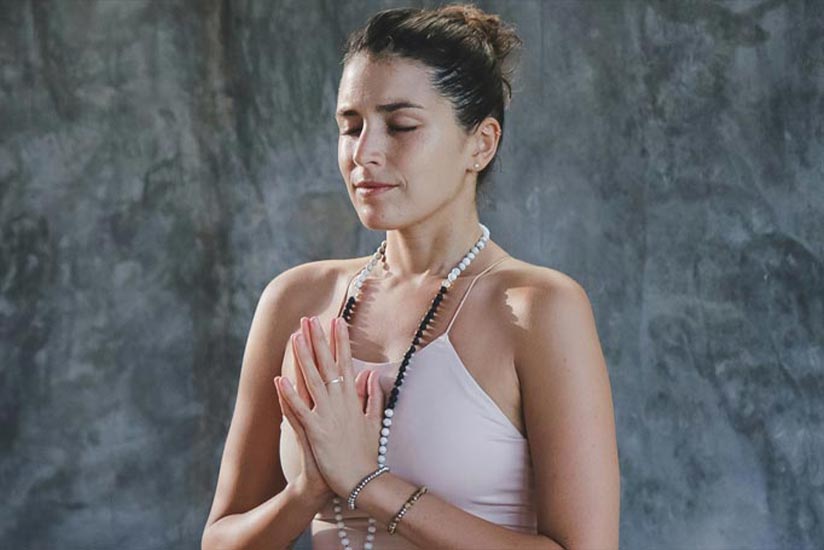Feeling Anxious? 5 Empowering Ways to Calm Your Mind Before Medication

Anxiety affects millions of people, often showing up as racing thoughts, chest tightness, or a constant sense of unease. While it can feel overwhelming, there are proven ways to manage anxiety naturally and regain control of your life. Here are five strategies you can start practicing today.
1. Practice Mindfulness Meditation

Mindfulness meditation is one of the most effective tools for reducing anxiety. By focusing on the present moment, you weaken the grip anxious thoughts have over your mind. Studies show that consistent meditation practice can decrease anxiety levels and improve overall mental well-being. Over time, it helps retrain your brain to respond differently to stress.
2. Exercise Regularly

Physical activity is a natural anxiety reliever. Exercise releases endorphins, the brain’s “feel-good” chemicals, which elevate mood and reduce stress. Even 20–30 minutes of moderate exercise, like brisk walking or yoga, can significantly lower anxiety levels. Exercise also promotes better sleep, which is crucial for managing stress.
3. Limit Caffeine and Alcohol

What you consume affects your anxiety. Caffeine, found in coffee, sodas, and energy drinks, can heighten anxiety symptoms by increasing heart rate and jitteriness. Alcohol may seem calming at first, but it disrupts sleep and can worsen anxiety over time. Being mindful of your intake can help maintain emotional balance.
4. Establish a Relaxing Sleep Routine

Sleep is essential for mental health. Inadequate rest makes it harder to cope with stress, while a consistent sleep schedule supports emotional recovery. Aim for 7–9 hours of restful sleep by creating a calming bedtime routine. Try warm baths, avoiding screens, and practicing relaxation techniques to ease your mind before bed.
5. Practice Deep Breathing Exercises

Anxiety often causes shallow, rapid breathing, which worsens feelings of panic. Deep breathing exercises, like diaphragmatic breathing—breathing deeply into your belly—activate your body’s relaxation response. This simple technique can calm the mind, lower heart rate, and reduce anxiety symptoms in moments of stress.
Take Back Control of Your Anxiety
Managing anxiety is a journey, and what works for one person may not work for another. By experimenting with these strategies—mindfulness, exercise, sleep routines, limiting stimulants, and deep breathing—you can reclaim your sense of balance and peace.
Remember to be gentle with yourself and give your mind and body time to adjust. With persistence and self-care, finding calm amidst life’s chaos is possible.









